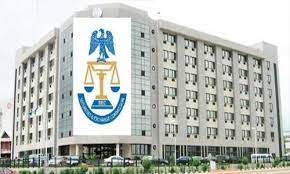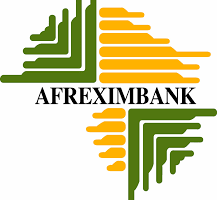A Memorandum of Understanding was signed on Thursday 15 September in Rabat, Morocco between Economic Community of West African States (ECOWAS), the Federal Republic of Nigeria and the Kingdom of Morocco.
The three sides were respectively represented by Mr Sediko Douka, ECOWAS Commissioner for Infrastructure, Energy and Digitalisation, Mallam Mele Kolo Kyari, Group Chief Executive Officer of Nigerian National Petroleum Company Limited (NNPC) and Mrs Amina Benkhadra, Director General of Office National des Hydrocarbures et des Mines (ONHYM).
According to a published joint communique, the Memorandum of Understanding attests to the commitment of ECOWAS and all the countries crossed by the gas pipeline, to contribute to the feasibility and technical studies, the mobilisation of resources and execution of this key project.
This project, once completed, will supply gas to all the countries of West Africa and will open a new channel of export to Europe. It is a strategic project that will contribute towards improving the living standards of the population, integrating the economies in the region, decreasing the level of desertification thanks to a sustainable and reliable gas supply and a reduction in or outright end to gas flaring, among others.
Sixteen countries that include fourteen ECOWAS Member States, are involved in this project. The project will also assist other countries to export their surplus natural gas: Ghana, Cote d’Ivoire, Senegal and Mauritania.
The strategic Nigeria-Morocco gas pipeline project will traverse the West African coast from Nigeria to Morocco, through Benin, Togo, Ghana, Cote d’Ivoire, Liberia, Sierra Leone, Guinea, Guinea Bissau, The Gambia, Senegal, Mauritania. In the long term, it will be connected to the Maghreb-Europe gas pipeline and to the European gas network. It will also help cater to the land-locked countries of Burkina Faso, Mali and Niger.
Commissioner Sediko Douka, speaking on behalf of the ECOWAS Commission President, H.E Dr Omar Alieu Touray, stated that the Economic Community of West African States (ECOWAS) upheld the view that the Nigeria-Morocco pipeline project was indeed viable and would therefore spare no effort for its success: We, as a regional economic community, are convinced that it is indeed a viable project, one that holds great promise, and we will spare no effort for its success.
The ECOWAS Commissioner for Infrastructure, Energy and Digitalisation further reaffirmed, on behalf of the ECOWAS Commission President, total support for this regional project which would positively impact the lives of more than 400 million persons.




